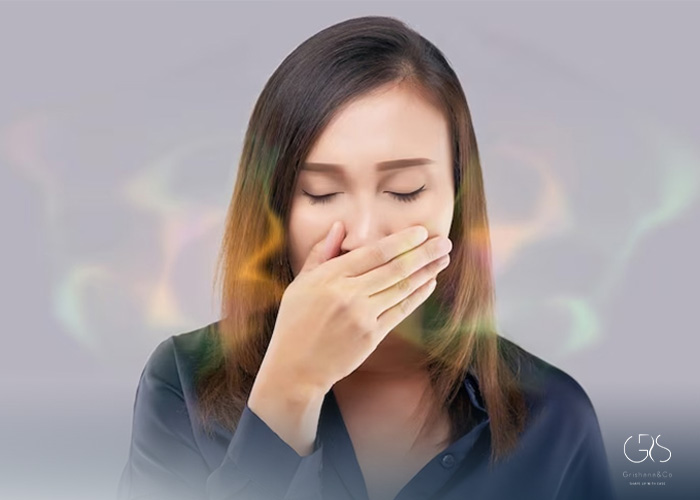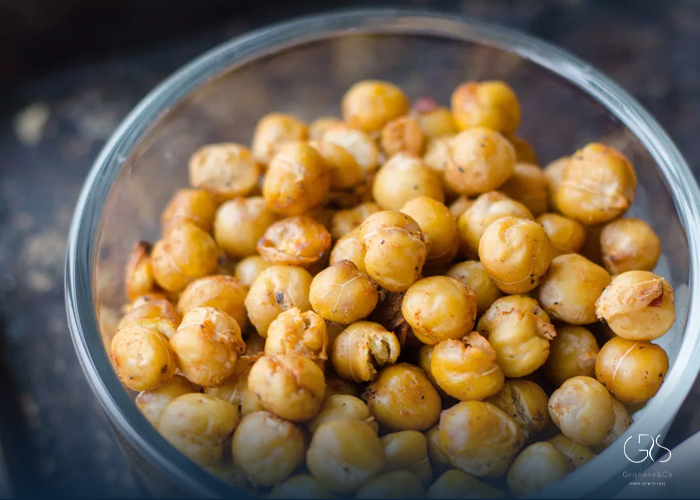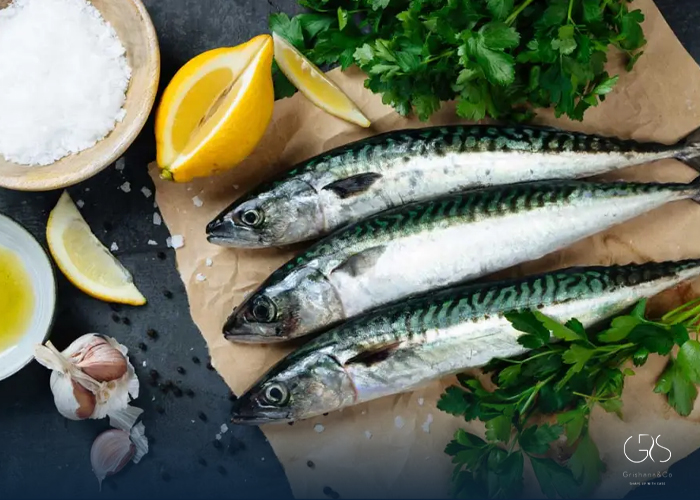Halitosis or bad breath affects millions of people and is often a source of embarrassment. While poor oral hygiene is one of the primary causes of bad breath, what we eat can also have a significant impact on our breath. Certain foods can produce strong odors that linger in the mouth long after we’ve eaten. In this article, we’ll examine the top 10 foods that cause bad breath and explore ways to eliminate the problem.
10 Foods That Cause Bad Breath:
Garlic:
Garlic contains sulfur compounds that are responsible for its characteristic odor. These compounds can remain in the mouth and digestive system for up to 48 hours after ingestion. Avoiding garlic entirely may not be possible, but brushing your teeth and using mouthwash after eating can help to reduce the odor.

Onions:
Onions contain a similar sulfur compound to garlic called allyl methyl sulfide. This compound is released when onions are chopped or sliced and can cause severe bad breath. Chewing gum or rinsing with mouthwash after eating onions can help to alleviate the odor.

Coffee:
Coffee is a popular beverage, but it can also be a significant cause of bad breath. Coffee contains compounds that dry out the mouth and inhibit saliva production. This dryness creates an environment where bacteria can thrive, causing bad breath. Drinking plenty of water throughout the day can help to counteract the effects of coffee on the mouth.

Alcohol:
Alcohol can also have a drying effect on the mouth, leading to bad breath. Additionally, alcohol can occasionally cause acid reflux, which can lead to an unpleasant taste and odor in the mouth. Moderation in alcohol consumption, drinking water regularly, and using mouthwash can help to reduce the negative effects of alcohol on the mouth.
Cheese:
Cheese is another food that can cause bad breath, mainly if consumed in large quantities. The bacteria in cheese can produce volatile sulfur compounds that have a potent odor. Eating fresh fruits or vegetables with cheese can help to reduce the odor.

Fish:
Strong-smelling fish, such as tuna, salmon, and mackerel, can cause bad breath. The odor of fish can remain in the mouth long after consumption, even with brushing or using mouthwash. Chewing on fresh parsley or mint can help to mask the odor.
Spices:
Spicy foods, such as curry or cumin, contain volatile oils that can cause bad breath. These oils can linger in the mouth and digestive system for some time after consumption. Brushing and flossing after eating spicy foods can help to reduce the odor.
Soda:
Carbonated beverages like soda can also cause bad breath. Drinking soda can decrease saliva production and lead to dry mouth. It can also harm tooth enamel and lead to tooth decay and gum disease. Switching to water or tea can help to improve oral health.

Sugar:
A diet high in sugar can also lead to bad breath. The bacteria in the mouth feed on sugar, producing acid and gas, which can be very odorous. Eating a diet low in sugar and high in whole grains, fruits, and vegetables can help to reduce the incidence of bad breath.
Meat:
Eating large amounts of meat can also cause bad breath. The digestive process of meat produces a significant amount of sulfur-containing gases, which can be very odorous. Eating fiber-rich fruits and vegetables and staying well-hydrated can help to reduce the effects of meat on breath odor.

Conclusion:
Bad breath can be a significant source of embarrassment, but with a little effort, it’s a condition that can be managed. It’s essential to maintain good oral hygiene, including brushing and flossing regularly, using mouthwash, and visiting the dentist regularly. Also, it’s essential to eat healthily and avoid foods that cause bad breath. By following these guidelines, you can maintain fresher breath and enjoy better oral health.
Sources
- American Dental Association, Bad Breath (Halitosis). Accessed 5/1/2021.
- National Institute of Dental and Craniofacial Research, Saliva: Everything You Need to Know. Accessed 5/1/202
- Healthline, Home Remedies for Bad Breath. Accessed 5/1/202
- Harvard Health Publishing., How to Avoid Bad Breath










